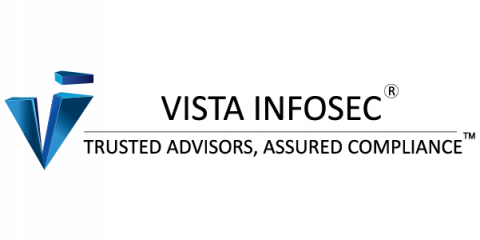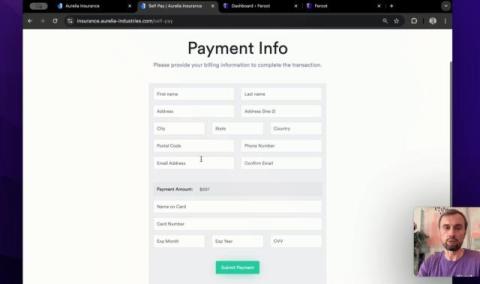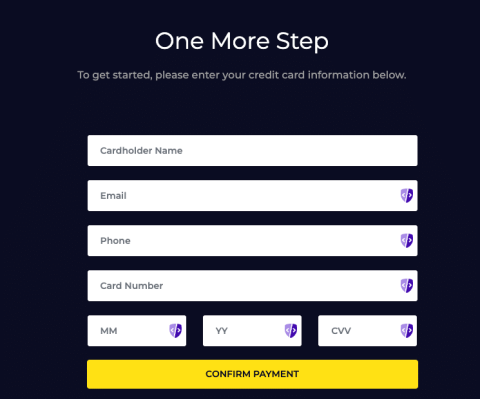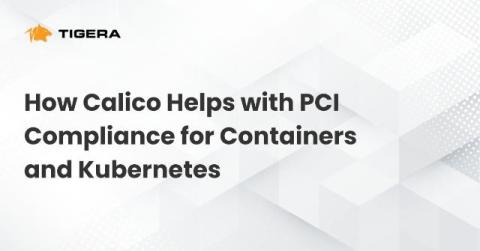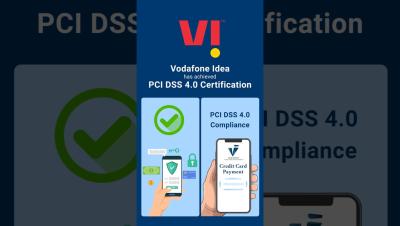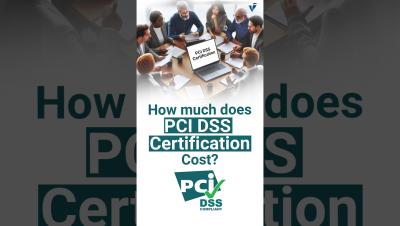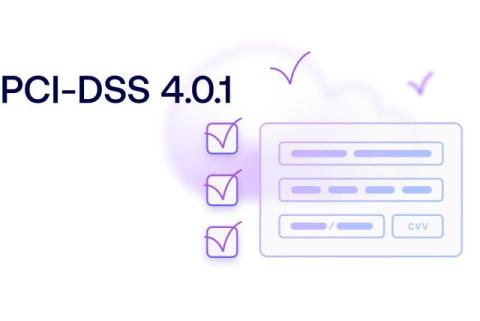[PCI DSS Requirement 9] : Summary of Changes from Version 3.2.1 to 4.0 Explained
Are you curious about the updates in PCI DSS Requirement 9 as we transition from Version 3.2.1 to 4.0? Requirement 9 focuses on physical security, a cornerstone of safeguarding cardholder data. With PCI DSS 4.0, new best practices, enhanced clarity, and updated guidelines have been introduced to address emerging threats and challenges. Whether you're an IT professional, QSA, or just starting your PCI DSS compliance journey, this video is packed with insights to help you stay ahead.



